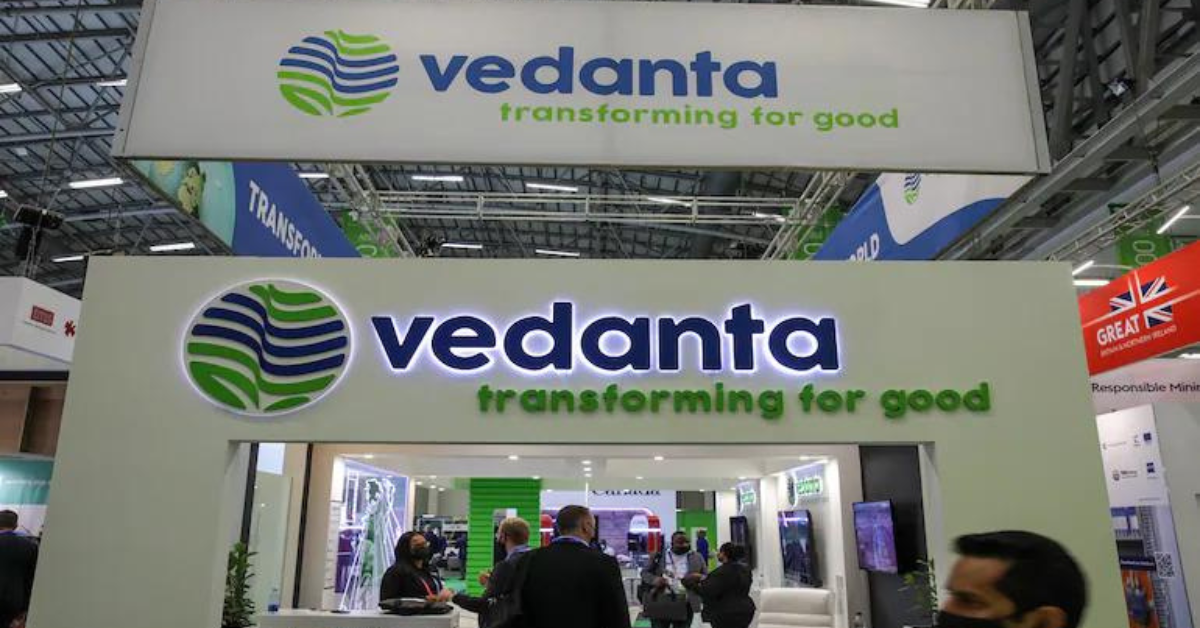Vedanta Ltd., one of India’s largest natural resources companies, has put its plan to sell its steel business on hold. This decision follows a successful $1 billion share sale, which has provided the company with significant financial relief. Environmental and regulatory challenges also played a role in the company’s reconsideration of the sale. Controlled by Anil Agarwal, Vedanta had initially aimed to divest its steel assets to alleviate debt pressure. However, the recent fundraising has altered the company’s strategy, allowing it to reassess its approach to the steel sector.
Background: Vedanta’s Steel Business and Financial Strategy
The Steel Business and Initial Plans
Vedanta entered the steel industry in 2018 with the acquisition of a 90% stake in ESL Steel Ltd. The company’s steel operations are based in Bokaro, Jharkhand, and include the production of pig iron, billets, TMT bars, wire rods, and ductile iron pipes. The steel business was intended to be a significant contributor to Vedanta’s portfolio, which also includes operations in mining, oil and gas, and power.
In a bid to manage its substantial debt load, Vedanta had been exploring the sale of its steel assets, aiming to raise approximately $2.5 billion. This plan was part of a broader strategy to reduce the conglomerate’s debt and refocus its operations on areas like electronics and semiconductors, which the company identified as growth priorities.
The $1 Billion Share Placement
Vedanta’s recent share placement has provided a much-needed financial boost. The $1 billion fundraising exercise, which was completed last month, has eased some of the debt pressures the company was facing. The overwhelming response to the placement has strengthened Vedanta’s balance sheet, reducing the immediate need to sell off its steel business. This financial cushion has allowed Vedanta to pause the sale and reconsider its strategic options.
Environmental and Regulatory Concerns
Challenges in the Steel Sector
Environmental and regulatory challenges have been significant factors in the delay of the steel business sale. Industrial projects in India, including steel production, often face scrutiny over pollution, human displacement, rights abuses, and habitat destruction. Vedanta’s steel operations are no exception, and potential bidders have been deterred by these issues.
An investigation by the Organized Crime and Corruption Reporting Project last year revealed that Vedanta had lobbied to weaken environmental regulations during the COVID-19 pandemic. Such controversies have likely contributed to the complexities surrounding the sale of the steel business, as prospective buyers weigh the risks involved.
Vedanta’s Response and Future Plans
A representative for Vedanta stated that the company remains open to selling its steel operations if the right offer comes along. Despite the pause, the company is not ruling out the possibility of a future sale. Vedanta’s commitment to addressing environmental and regulatory concerns will be crucial if and when it decides to revisit the sale.
Financial Overview and Debt Management
Debt Situation and Financial Performance
As of the end of June, Vedanta’s net debt stood at 613.2 billion rupees ($7.3 billion), reflecting an 8.8% increase from the previous quarter. Despite this rise in debt, the company’s financial performance in other areas has been robust. The steel business has seen a 10% increase in saleable production, reaching 356 kilotons due to improved operational efficiency.
Vedanta’s overall net profit exceeded estimates, demonstrating the company’s resilience and effective financial management. The successful share placement has further strengthened Vedanta’s position, enabling it to manage its debt more effectively and invest in strategic growth areas.
Future Focus and Strategic Priorities
Looking ahead, Vedanta plans to prioritize investments in electronics and semiconductors, areas identified as key growth sectors. The company’s strategy involves demerging into six separate entities, with the goal of enhancing operational efficiency and focusing on high-growth areas. This restructuring, which has received approval from 75% of secured creditors, is expected to be completed by March 2025.
A Strategic Reassessment
Vedanta Ltd.’s decision to pause the sale of its steel business highlights a significant shift in strategy, driven by improved financial stability and complex environmental and regulatory factors. The company’s recent share placement has provided it with the flexibility to reassess its approach to the steel sector while continuing to pursue growth in other areas. As Vedanta navigates these changes, its focus on electronics, semiconductors, and effective debt management will be key to its long-term success. The future of Vedanta’s steel business remains uncertain, but the company’s strategic adjustments reflect a pragmatic response to current challenges and opportunities.






